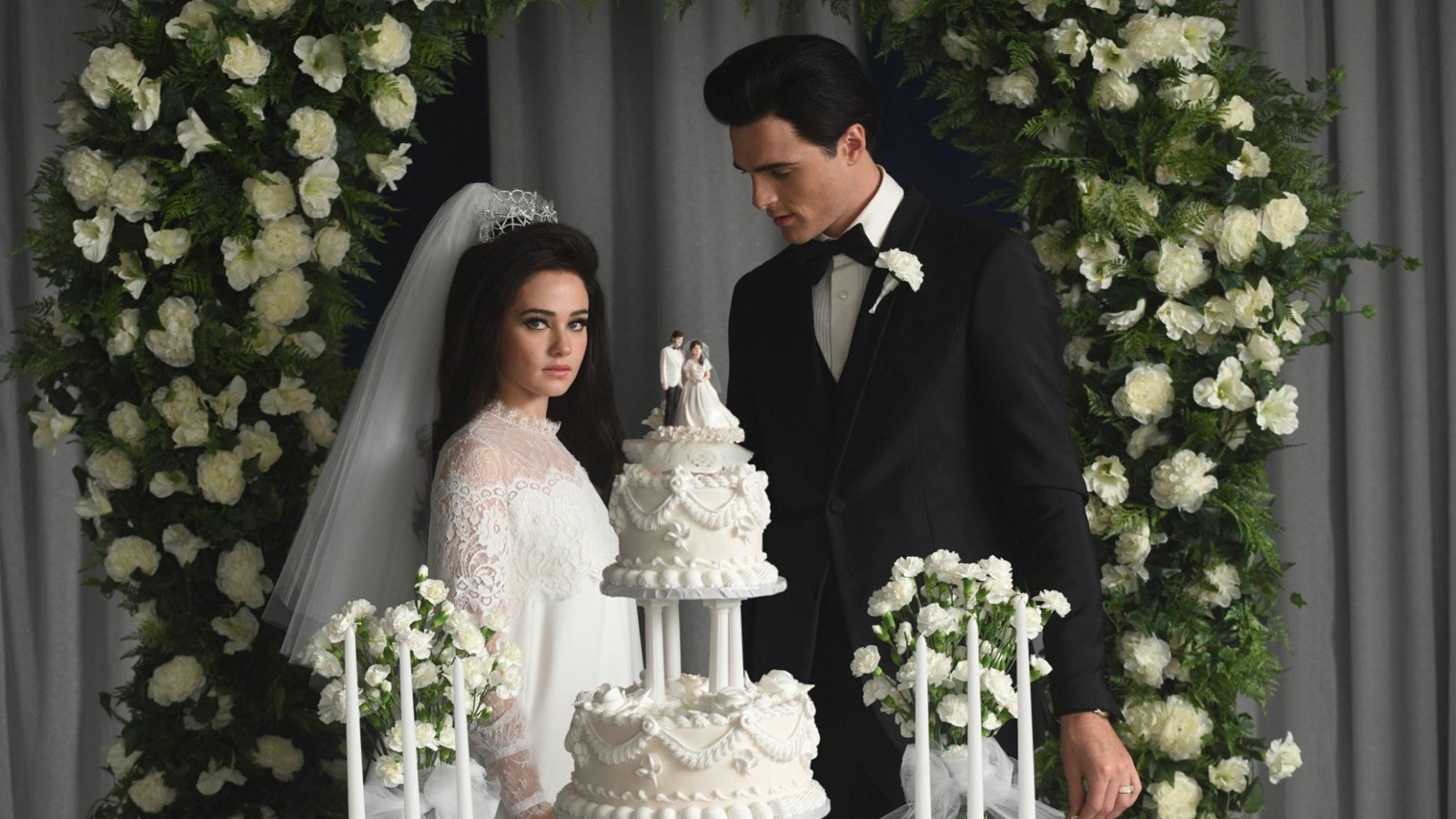Screen Shots: in a new series of flash fiction for AnOthermag.com, critic and essayist Philippa Snow looks at the interior lives of female characters on screen.
What she would later struggle to explain was how much bigger he had seemed on that first night than everybody else around him – how when he had spoken to her, it was as if he had bent down from some higher altitude to do so. She already knew him as a man whose body seemed not only designed to express sin, but to manufacture it in others like a generator; she knew he had a voice that was capable of touching both the divine and, phantom-like, the soul and cunt of every woman in the Western world. He was a holy animal. He was a living Cadillac car, a smooth American marvel. He was so big that when he sang hymns, it sometimes seemed as though the hymns were autobiographical and not biblical, as if he had now become the reason for all worship, all delight, all exaltation, maybe even all love and all desire. He was so big that after looking at his albums she could see an after-impression of his great Tupelo head – with its oil-slick pompadour and its absurdly feminine mouth – with her eyes closed, as if she’d been staring straight into the sun. In a sense, perhaps she had.
And then there he’d been in that living room in Bad Nauheim, twisting up that famous mouth as if to augur mischief, looking ten feet tall. When a god lowers himself to ask a girl of 14 if she feels like going somewhere quiet, of course she must conclude that she is very special, since why else would he have stooped to conquer her? In the beginning was the word, and the word was “baby”. Slowly, very slowly, what the word meant changed: at first it referred to her jailbait age, her sweet soft face and saucer eyes; later, it meant lover or beloved, wife, favourite fuck, angel, sweetheart, and so on. It meant baby blue, which was deemed to be ‘her’ colour, meant to match her eyes and contrast with the hair she had been told to colour black, and also baby blue like a single pill dropped in the centre of her tiny teenage palm; baby pink, too, which was the colour of her toenails and their shag-pile carpet and, yes, yet more of her dresses, many of them prettily replete with doll-like bows. Later still, it meant the reason that she rarely went outside, and then it almost never meant “lover” or “favourite fuck” again.

The cries of their newborn rang out in the house the way his gunshots, when he’d spent more time at home, had once rung out in the yard as he attempted target practice. She in fact owned several weapons: little girlish pistols with pearlescent handles, bought to match her candy-coloured outfits. In those earliest days when she had thought him truly godlike, it seemed feasible that wars might be fought over him. As his wife, she came to realise that these would be private, sexual wars, waged distantly with other women who had not, crucially, made the terrible error of becoming pregnant with his child. Once she had done this she could no longer be “baby”, only “Satnin”, which had been his mother’s nickname. He got to behave like a momma’s boy; got to goof around; got to chase blonde-haired, stupid extramarital tail; got to throw a tantrum, or a chair, when he got mad. She got a big house to pad around in. She got lonely. She grew quiet. She got things. She got high. Sometimes she would open up the box under her bed that she kept all of her dainty guns in, and she’d take them out and touch their triggers lightly with her painted fingertips, thinking about how good it would feel to fire one into the wall: all that sound, all that violence, the velocity and volume like that of a scream escaping from a throat.
When she eventually left, a divorcée at 28, people wanted to know what it had been like: being Queen of Graceland, lying with a god, carrying his child. It had not been easy; she had been a child herself, at first. But she had loved him, she had loved him; she had loved him as a wife, but she had also loved him for the reason everybody else did, which was that there was nobody else quite like him. She had loved him for the fact that when he sang, grace seemed to flow through him as if it was in his blood, and for the way that when he danced, he made a case for sex as something sacred and profound. If he was not much of a husband, he still gave the impression of being more than just a man, and if he would not give her ecstasy at home, he could still drive half the globe into that urgent state of bliss with little more than a swivel of his hips. Driving away from their castle in the air on that final afternoon, she had gripped the steering wheel so hard her knuckles whitened visibly beneath her spray-on tan. When a man like Elvis Presley lowers himself to ask teenage girl if she feels like going somewhere quiet, of course she must conclude that she is very special, since why else would he have stooped to conquer her? 14 years later, she finally understood that what he had could not be transmitted by sex or earned through marriage – that if she desired to be special, to be seen as special, it was up to her to strike out on her own and claim that feeling for herself.
